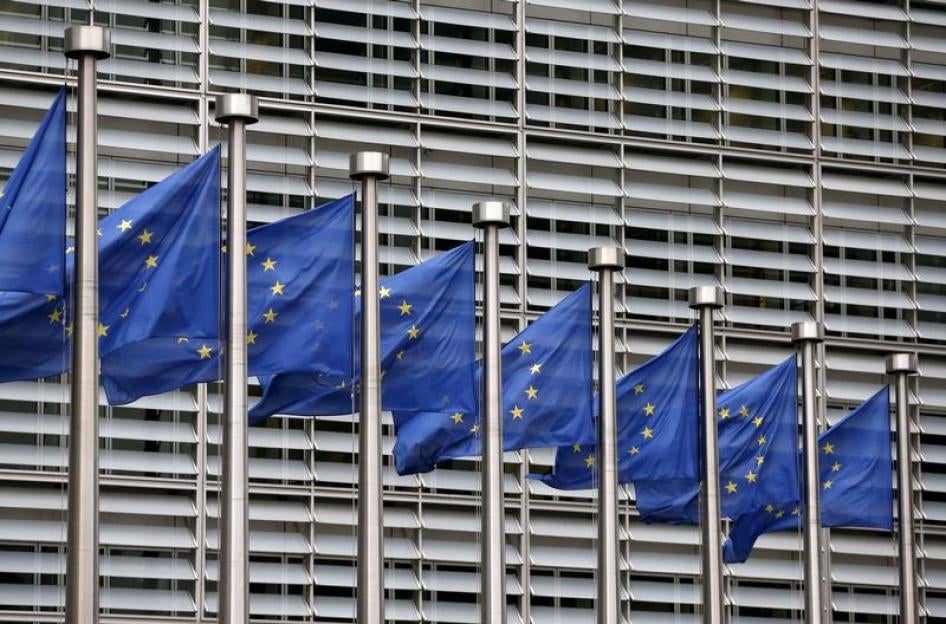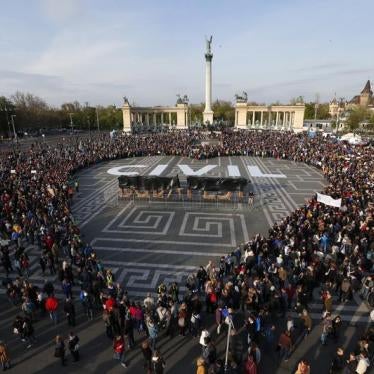Media reports suggest the European Commission has decided to hold firm on the question of whether to maintain a proposal to freeze €7.5 billion in EU cohesion funds for Hungary in light of the country’s corruption and public procurement concerns. We should know next week if the Commission is willing to defend EU values in this case when Commissioners are expected to meet to confirm the decision.
The Commission could also approve the Covid recovery plan for Hungary, but could continue to withhold disbursements unless the government addresses well-documented and long-standing rule of law concerns.
With Hungary’s government reliant on EU funding, it is hardly surprising that Prime Minister Viktor Orbán has tried to appease the commission to secure funds. Yet 17 remedial measures on corruption proposed by Budapest offer only cosmetic concessions – typical of the government’s response to EU concerns – and were introduced through accelerated legislative procedures that lacked transparency and excluded consultation with relevant stakeholders.
A key element of Hungarian government’s remedial package is a new Integrity Authority and Anti-Corruption Task Force. Local civil society groups, however, are unimpressed, noting that the Authority will largely have soft powers and lack sufficient independence. Under its proposal, the state would ultimately maintain control over the newly established institutions and their procedures.
In any event, the new institutions are unlikely to have much impact unless Hungary’s government is prepared to address long-standing rule of law concerns, including the independence of the judiciary, the crack down on media freedom and harassment of civil society groups, whose roles as independent watchdogs are essential to hold governments to account. Also, Hungary’s legal system is marred by discriminatory laws and policies.
Given that context, and how the government has eroded the rule of law over the past 12 years, it is hard to take Hungary’s hastily made promises seriously.
The Commission would be right to maintain its proposal to suspend funds and stress they cannot be unfrozen until the underlying causes of the rule of law crisis are fixed and until it can truly assess measures designed to curb corruption and conflicts of interest.
While all eyes are on the Commission, EU Member States should not stand by. They should echo the European Parliament’s calls to use the conditionality regulation and move forward with the Article 7 procedure, which deals with EU states that put democratic ideals at risk, as swiftly as possible.









